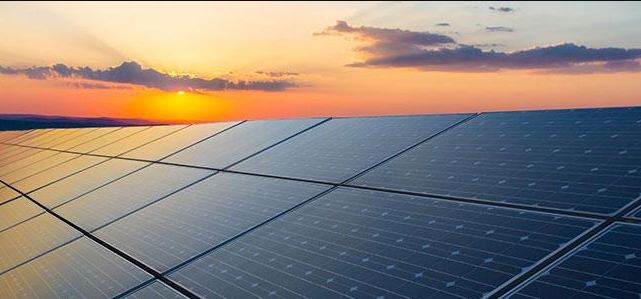The government has recently missed some important decisions for the new policy on the manufacturing of solar panels due to the ongoing controversy about whether to encourage solar energy or defend imported fuel-generated power.
This delay has hurt the investment strategies of Sinotec Solar Corporation, a foremost company in the manufacturing of solar panels in the United States as described by Express Tribune. The company has proposed Thailand’s factory for shifting and establishing an automatic plant to produce high-quality solar panels for export.
Last week, the ECC of the Cabinet put on hold a much-needed approval for the solar panel manufacturing policy for 2024. This was the fourth time it had been postponed, and everyone could feel that it was not getting any closer.
This proposal was discouraged by the authorities to approve it as a way of minimizing the dependence on imports, but ECC has taken time before implementing the policy. Local production can also eliminate importation expenses; a feat that can see the country save between $700 and $900 million if local production goes above the 50 percent threshold of the total value of the solar panels.
To that end, the proposed policy by the Ministry of Industry satisfied the objectives of avoiding duties and taxes on input materials and machinery for local production of solar panels, and the imposition of higher import duties on finished products.
The policy provides an outlook for 10 years, and an expected goal for investment, production capacity, export, and localization rate each year. It obliges the investor to furnish bank guarantees whose cost is equivalent to the tariff and tax exemptions. For production and export percentages, the policy would look for gradual yearly improvement in its percentages and targets for the localization of some parts of solar panels.
The Ministry of Energy has recently suggested imposing a 10 percent customs duty on PV modules that are anticipated to be effective over the ensuing ten years while rejecting to accede to the argument of Localization to a higher level of 20 percent in the initial two years, meanwhile, has focused on tendering duty-free imports of panels for two years. These incentives are given based on the achievement of localization and export objectives of Canada’s electronics firms; however, there is a provision to withdraw or recover incentives if the targets are not realized by over 20 percent.
However, after aiming to achieve the generation of 10,000 megawatts via solar power by 2031, the government’s approval of the new policy could not be confirmed.


Comments are closed, but trackbacks and pingbacks are open.